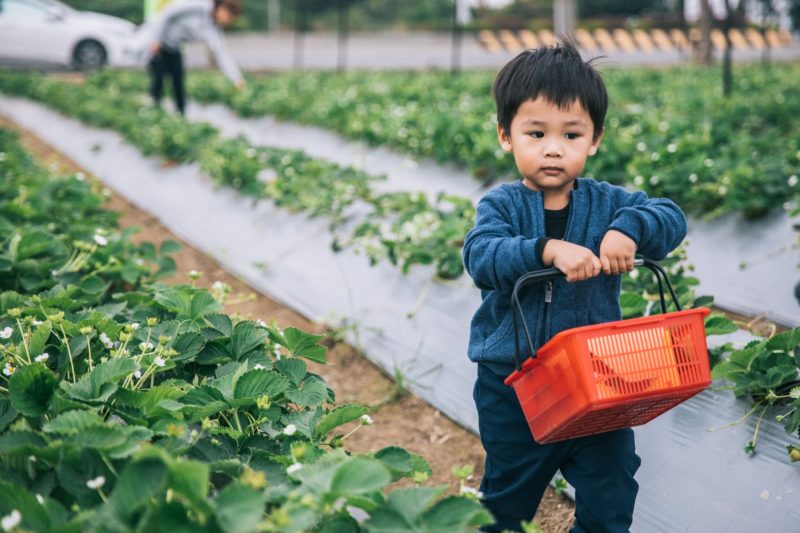Li-Ning, the Chinese sports apparel brand that gave birth to the Guochao fashion style at the 2018 Paris Fashion Week, has woken up to China’s rising coffee market with the application for registering its own coffee brand “NING COFFEE” being the latest move, as per records shown on Tianyancha, a data technology service company providing information regarding Chinese businesses.
The news was soon confirmed by a staff member from Li-Ning, who also revealed that “the in-terminal retail consumer experience is of growing importance for the brand” and a coffee service would be part of the efforts to optimise the in-store experience, according to the Chinese financial media outlet Dahe Cube on 6 May.
The move is partly pushed by the ever-increasing competition in China’s sports industry, with fierce rivalry from both global labels such as Nike and the rise of homegrown players, namely Anta, who knocked out a year’s revenue of 49.3 billion RMB ($7.34 billion) in 2021, more than twice as much as that recorded by Li-Ning and is hot on the tails of Nike China (51 billion RMB, or $7.60 billion).
On the other hand, China’s coffee market continues to grow in scale with the market value reaching 381.7 billion RMB ($56.86 billion) in 2021 and projected to hit one trillion RMB ($148.98 billion) by 2025, as per iiMedia Consulting. It has become a new battlefield for not only contributing to the growth of local coffee specialists such as Luckin Coffee and Manner Coffee, and momentum seized by foreign peers like the American player, Blue Bottle Coffee, but also draws in brands from outside the drinks industry, from China’s Post Office to beauty and luxury.
Moreover, with over 5,800 offline outlets scattered across the country where a coffee section could easily be installed, such a nationwide footprint is expected to make Li-Ning a competitive player in the new market. The lucrative private traffic Li-Ning has cultivated online as well as its physical presence will potentially challenge current market leaders including Starbucks which so far owns 6,189 stores in China and Luckin Coffee (5,323).
Whether Li-Ning coffee can eventually win over Chinese consumers remains to be seen but the brand’s existing market influence is certainly a benefit to its expedition into other industries. If the advantages are leveraged skilfully, not only will the brand be able to strengthen its market position in its original niche with an improved consumer experience but also potentially open the window to another sizable market in China.









